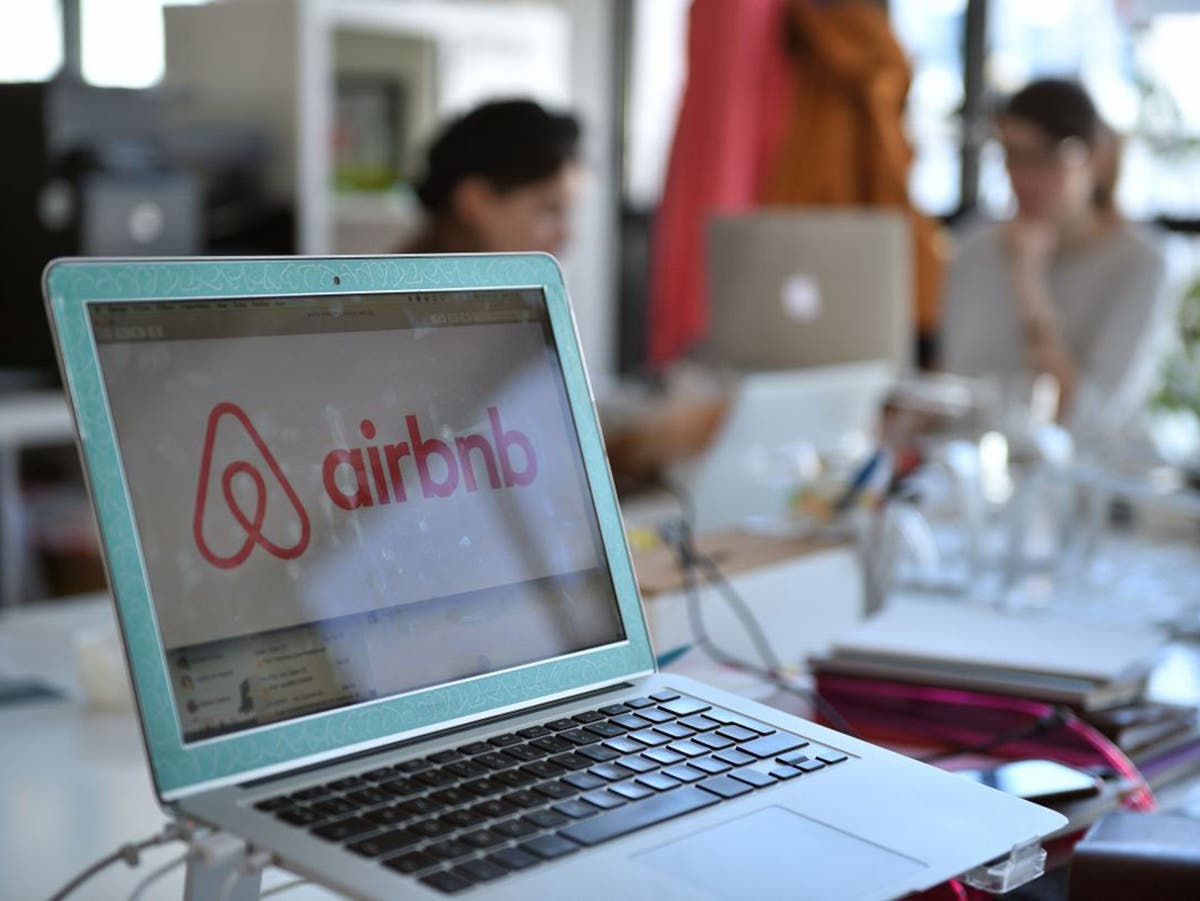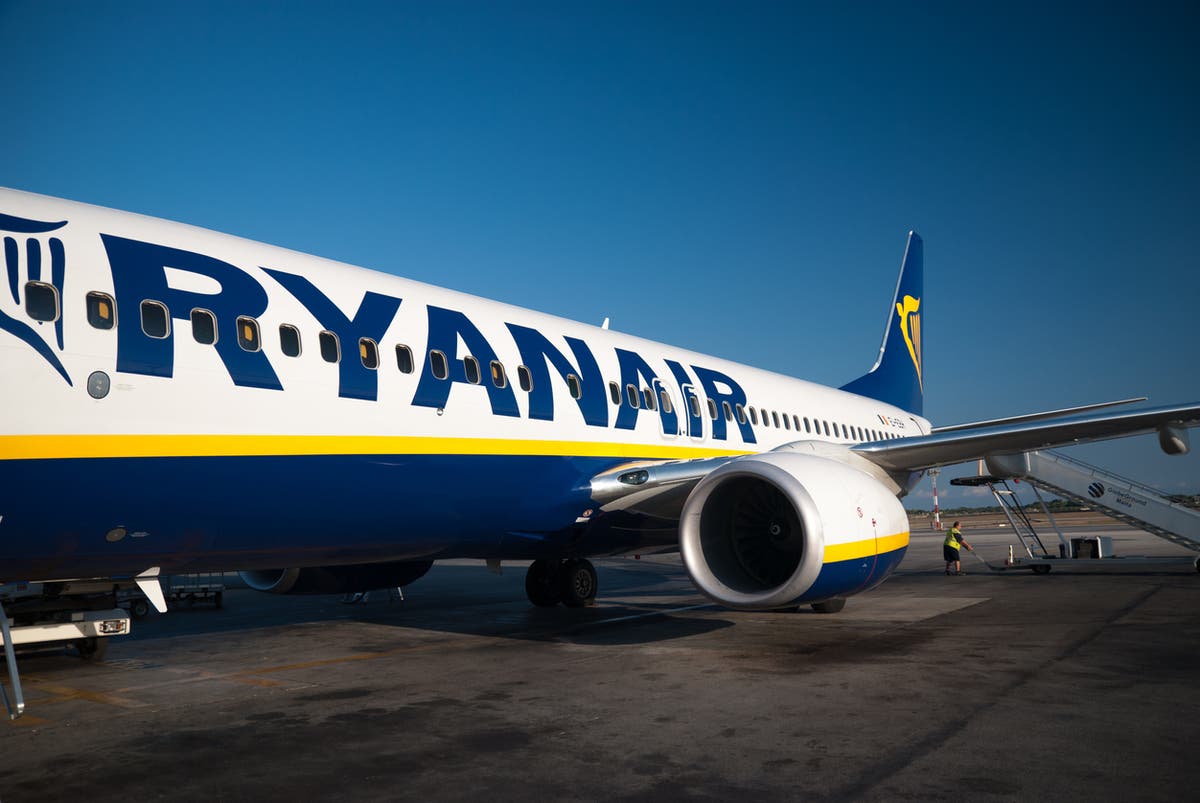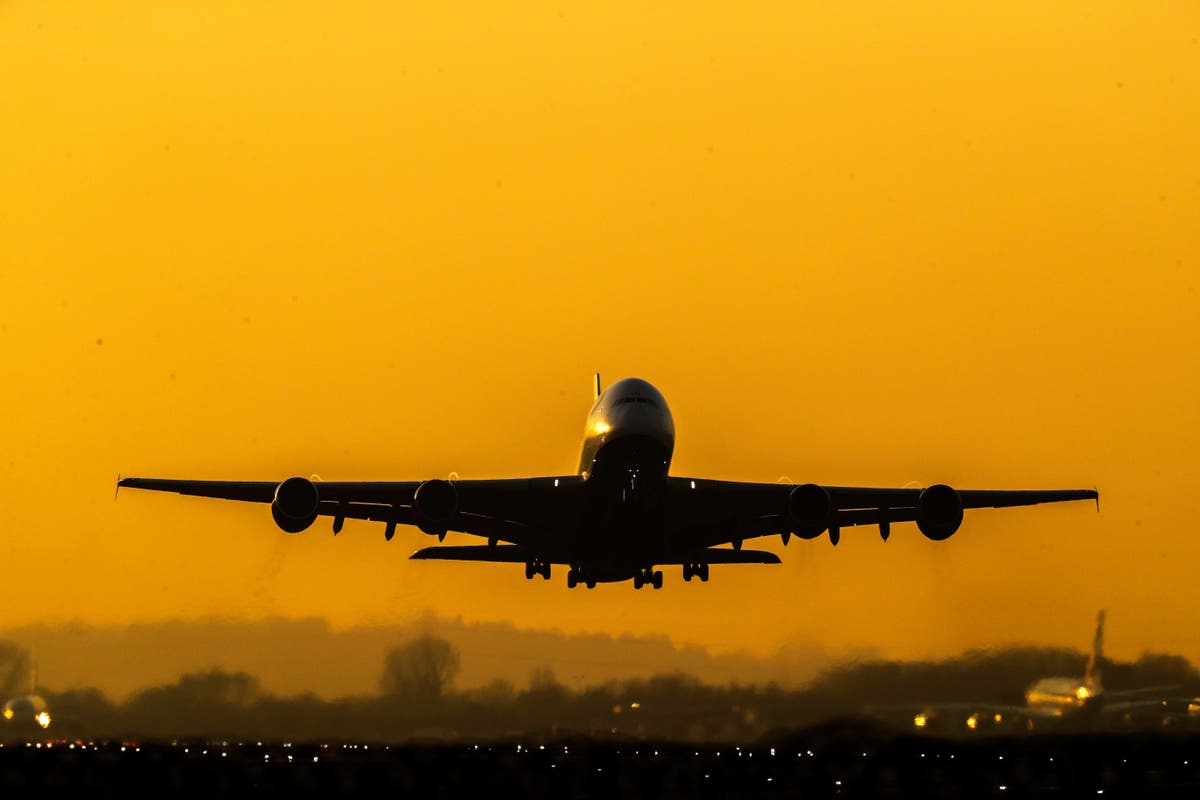Nationalise the railway and slash fares: Andy Burnham’s plan for transport
Train talk: Labour’s rail strategy unveiled – and analysed by The Man In Seat 61

A standard fare of £369.40 for a 377-mile return journey from Manchester to London and back looks absurd. At almost £1 per mile (and £1.50 per minute), it seems intended to deter people from making the 126-minute rail journey on Avanti West Coast.
It’s certainly working for me – and you, I imagine? Who would pay that price, given the variety of remedies such as committing to a specific train, travelling off-peak or on the slower services of London Northwestern Railway, National Express or Megabus.
But the fare exists and some people will end up paying it. And that makes the mayor of Greater Manchester furious.
“In that one number – £370 – the full extortionate madness of rail pricing in this country is exposed,” Andy Burnham writes in the Evening Standard.
The UK certainly has some of the highest rail fares in Europe. Mr Burnham sets out the policy that, as a senior Labour politician, he is promoting: “We won’t get the railway we need until we retake control and massively reduce fares.”
Someone who knows much more about train fares than I do is Mark Smith: the former British Rail and Department for Transport guru who runs the international railway website, Seat61.com.
Privatised or nationalised, he says, the long-standing objective on routes such as London-Manchester is to maximise revenue. That goal is best achieved through aggressive yield management adjusting prices according to demand, offering very low lead-in fares and very high business fares.
“This is exactly how airlines price their services,” Mr Smith says. “If you realise what the objective is and how inter-city transport pricing works, it should not be ‘shocking’ but ‘expected’.
“The cheap Advance fares that come out of it need to be highlighted as much as the business fares at the other end of the scale, but of course never are.”
At the heart of the controversy: what is the objective for rail?
It’s perfectly reasonable, Mark Smith says, to argue that seeking to maximise revenue doesn’t take into account environmental factors. If that is the objective, “it would make sense to ‘buy’ passengers for rail by paying to reduce fares”. But you have to make this policy explicit, and assess actual cost against actual benefit.
“Reducing the £369 business fare to, say £269, will cost £100 per passenger, but won’t gain many passengers. I wouldn’t buy it at either price. You gain extra passengers by releasing more £15 and £25 and £35 tickets.”
“It’s also perfectly reasonable to argue that we’d all be happier, more fulfilled individuals if we had access to unlimited low-cost transportation the length and breadth of Britain whenever we wanted it – that rail should be a social service.
“That is not currently the objective set for the railways – or airlines, or National Express.”
That outcome is perfectly feasible, says The Man in Seat 61, if the taxpayer coughs up the necessary extra subsidy to compensate the loss of revenue relative to that achieved by unfettered revenue maximisation.
“You can’t do it by decree, or by professing to be shocked at the marginal effects of yield management.”
Meanwhile a Department for Transport spokesperson says: “Depending on when passengers book, Great Britain has some of the cheapest tickets on offer in Europe.”
Last word to Mr Burnham – who, interestingly for the mayor of a northwest England conurbation, wrote for a London newspaper rather than the Manchester Evening News. For a future Labour government, he says, there is only one destination for the ralways: “full re-nationalisation”.

 Astrong
Astrong 































